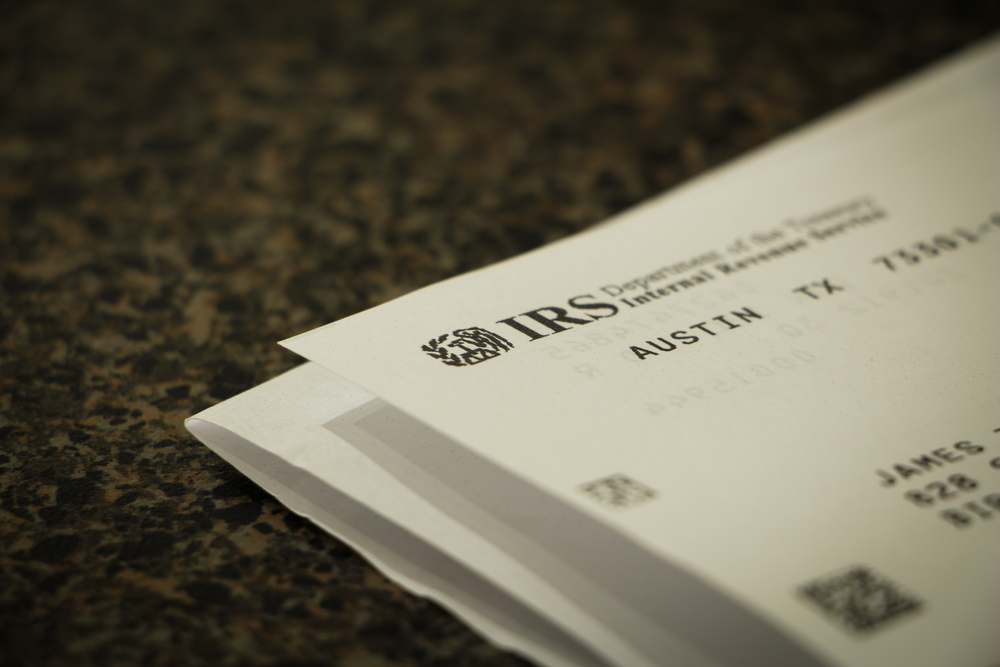When the IRS needs to ask a question about a taxpayer’s tax return, notify them about a change to their account, or request a payment, it often mails a letter or notice to the taxpayer. Taxpayers should know that the IRS sends millions of these letters and notices to taxpayers for a variety of reasons. Many of these letters and notices can be dealt with simply, without having to call or visit an IRS office. Here’s what taxpayers should know about IRS notices and letters:
The IRS sends notices and letters for the following reasons:
- You have a balance due.
- You are due a larger or smaller refund.
- We have a question about your tax return.
- We need to verify your identity.
- We need additional information.
- We changed your return.
- We need to notify you of delays in processing your return.
Your notice or letter will explain the reason for the contact and give you instructions on how to handle the issue. If your notice or letter requires a response by a specific date, there are two main reasons you’ll want to comply:
- To minimize additional interest and penalty charges.
- To preserve your appeal rights if you don’t agree.
Read the Notice Carefully
Most IRS letters and notices are about federal tax returns or tax accounts. Each notice or letter deals with a specific issue and includes specific instructions on what to do and it is important that you read it carefully. A notice may reference changes to a taxpayer’s account, taxes owed, a payment request or a specific issue on a tax return. Taking timely action could minimize additional interest and penalty charges as noted above.
If a letter is about a changed or corrected tax return, the taxpayer should review the information and compare it with the original return. If the taxpayer agrees, they should make notes about the corrections on their personal copy of the tax return and keep it for their records.
When to Take Action
Typically, a taxpayer will only need to take action or contact the IRS if they don’t agree with the information, if the IRS requested additional information, or if they have a balance due. The IRS and authorized private debt collection agencies do send letters by mail. Most of the time, all the taxpayer needs to do is read the letter carefully and take the appropriate action or submit a payment. There is generally no need to reply to a notice or call the IRS unless specifically told to do so.
If a taxpayer does need to call the IRS, they should use the number in the upper right-hand corner of the notice and have a copy of their tax return and letter.
Taxpayers should keep notices or letters they receive from the IRS. These include adjustment notices when an action is taken on the taxpayer’s account. Taxpayers should keep records for three years from the date they filed the tax return.
Watch Out for Scams
IRS notices and letters are sent by mail. The IRS does not correspond by email, phone, or social media about taxpayer accounts or tax returns. You can find the notice (CP) or letter (LTR) number on either the top or the bottom right-hand corner of your correspondence. If you search the IRS website for your notice or letter and it doesn’t return a result – or you believe the notice or letter looks suspicious report it on the Report Phishing page on IRS.gov. Taxpayers who are unsure whether they owe money to the IRS can view their tax account information on IRS.gov.
Help is Just a Phone Call Away
Receiving mail from the IRS is usually not a cause for panic, but it should not be ignored either. If you have any questions or concerns about an IRS letter or notice that you’ve received, don’t hesitate to contact the office.





